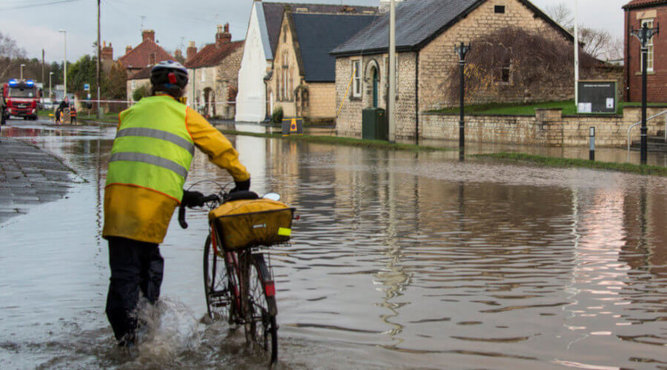Red Diesel – The Regulations & Rule Changes on Rebated Fuel
The UK's rules and regulations for using rebated fuels changes from 1 April 2022. You won't be able to use rebated gas oil or biofuels for commercial use in the same way as before. So, what are the new rules, what does this means for businesses and individuals, and how does it concern tool and equipment hire?
From April 2022, you will only be legally allowed to use rebated fuels to run vehicles, machines, vessels, and applications in specific sectors. Some of the industries that can still benefit are:
- Agriculture
- Horticulture
- Fish farming
- Forestry
Within these sectors, you can only use rebated fuels for agricultural vehicles, special vehicles, unlicensed vehicles, mowing vehicles, and specific machines and appliances. You can also use agricultural vehicles for cutting trees, verges, and hedges on public roads. In addition, it is allowed to use them to deal with weather-related risks, like gritting and dealing with frost, ice, snow, and flooding.
You can also use red diesel and rebated biofuels for vehicles used on railways, electricity generation and heating for non-commercial properties and premises, vehicles used at registered community amateur sports clubs, marine transport, and travelling fairs. There are further regulations that are important for certain circumstances. For more information, read the Government guide.
With these changes, all hire suppliers, including all those in association with National Tool Hire, will comply and no longer use red diesel in the supply of all affected equipment. All machinery and plant will only be fuelled with white diesel, on which you will have paid the full rate of duty.
The measures are expected to have a negligible administrative impact on organisations that will lose entitlement and will have to switch to white diesel from red. But it will increase fuel costs. Red diesel is currently entitled to a rebate of 48.81 pence per litre. Its duty rate is around 11.12ppl, while white diesel has a duty rate of around 57.95ppl. Therefore, the cost of running diesel equipment will be around five times more expensive, although this is an incentive to be more energy-efficient and use cleaner alternatives.
You might also incur some one-off or short-term costs. These financial implications could come from offering familiarisation and education about the changes. You might also have to use up or remove incorrect fuels from storage tanks. But it might be possible to sell excess stock back to fuel suppliers. Sourcing alternative fuels to use could come at a price.
Why has the law changed?
Well, the legislative changes through Finance Bill 2021 and secondary legislation restrict the entitlement to use certain fuels. The aim is to help the UK end its contribution to global warming by 2050; when we hope to bring all greenhouse gas emissions to net-zero.
Air pollution is one of the biggest continuing threats to public health. Red gas oil makes up around 15% of all diesel usage in the country, producing nearly 14 million tonnes of carbon dioxide a year. The change is essential to meet our air quality targets.
What is red diesel?
Red diesel is gas oil that is marked with a red dye and chemical markers. It is the same as normal white diesel, but it is traceable by law to prevent misuse, fraud, and theft.
It's possible to remove the due from gas oil. But, this is known as fuel laundering, and it's an illegal act that can result in a prison sentence. Traces of the red dye are easily identified in the fuel tanks and supply lines of all equipment.
Can I still use red diesel after April 2022?
From 1 April 2022, you will no longer be able to use rebated diesel other rebates fuels in the way they are used currently. You will only be legally allowed to use red-dyed diesel if the application or purpose falls under the permitted exceptions or within specific sectors.
You will not be able to use red diesel or rebated biofuels for commercial heating, power generation, and commercial vehicles and construction equipment.
How do I prepare for the changes?
If you're switching to white diesel, you'll need to flush out existing tanks and supply lines. Removing all traces of rebated fuel ensures compliance, and it prevents contamination.
HMRC and the legal system will take a sensible and pragmatic approach to any enforcement. It's understood that traces of red dye could still be found in fuel tanks filled with white diesel and that it may occur for a while after April 2022 without deep cleaning. If traces are found, it will land at the feet of the equipment owner to prove that any rebated fuel was used before the date in question.
What are all the rebated fuels affected?
Affected rebated fuels include:
- Rebated diesel
- Rebated Hydrotreated Vegetable Oil (HVO)
- Rebated biodiesel and bio blend
- Kerosene taxed at the rebated diesel rate
- Fuel substitutes






